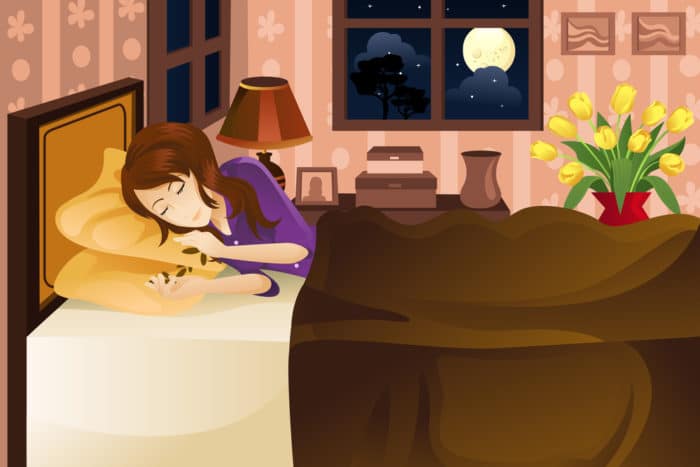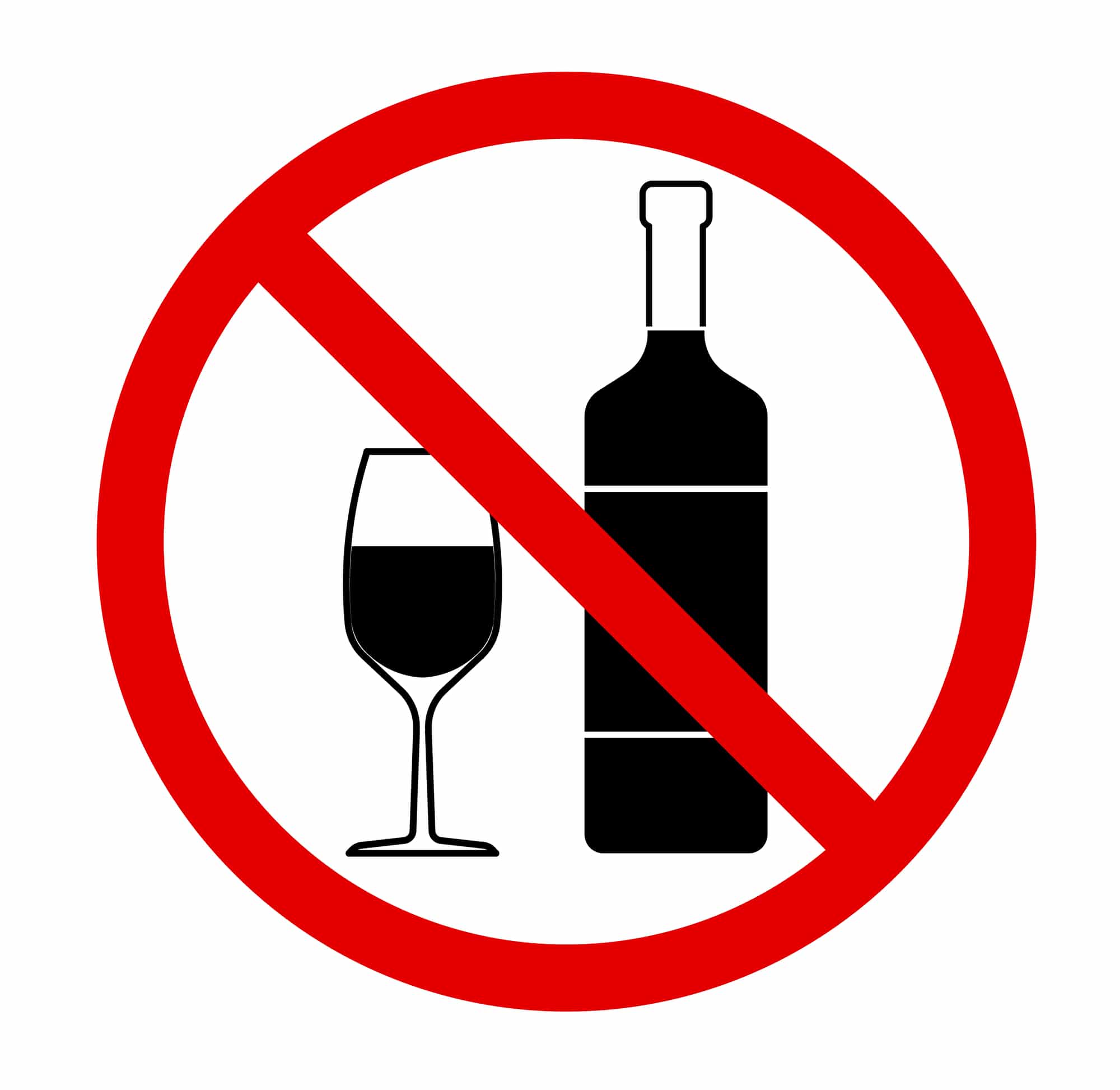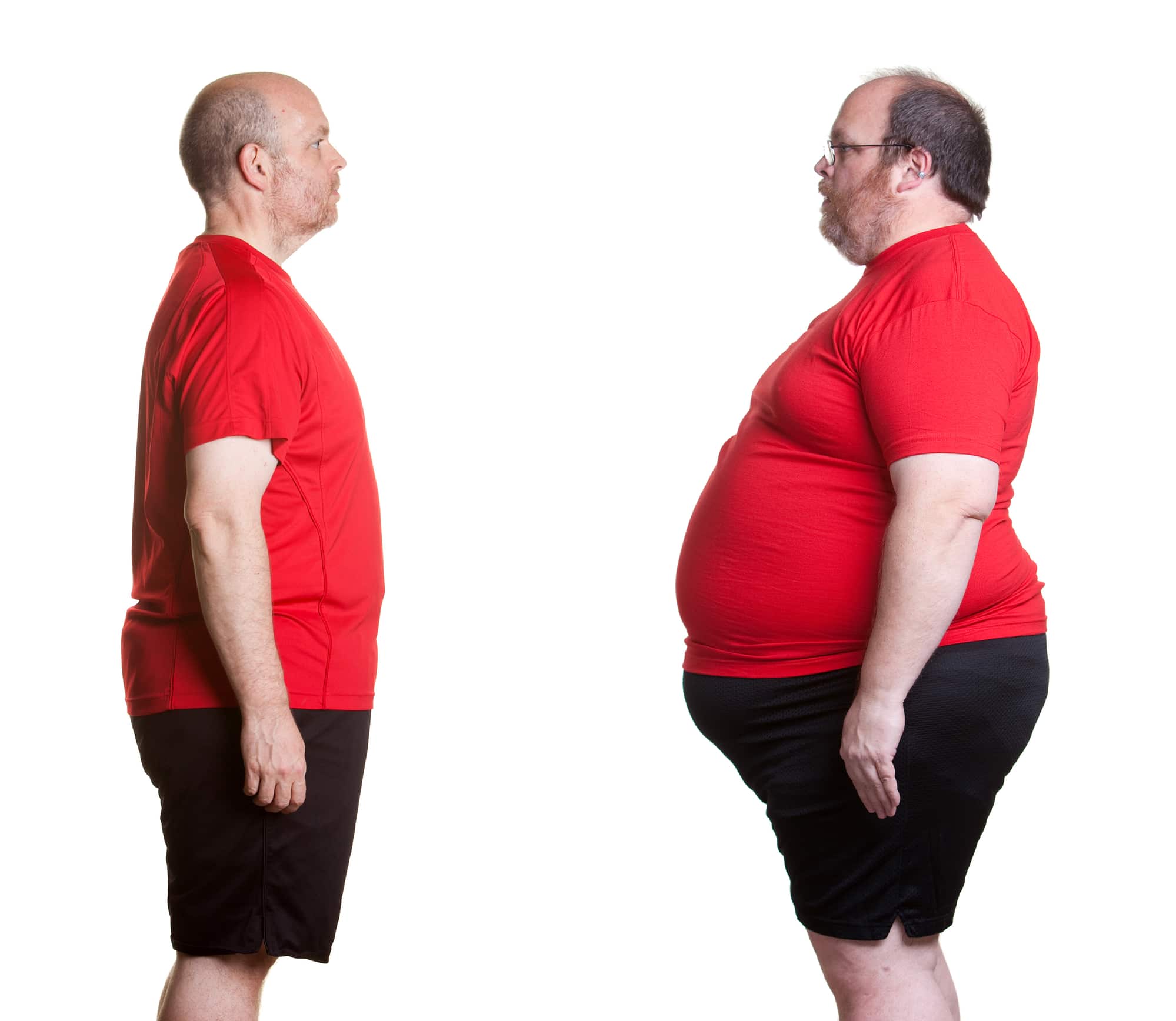
Thinking about using your spouse’s CPAP machine? Here’s what you should keep in mind.
By Jason Wooden, PhD | July 28, 2020
The upsides from using your spouse’s CPAP machine are convenience, cost, and the chance you may more quickly find out whether it can help you. However, it’s important to be aware of the serious downsides.
Used CPAP machines come with risks, including germs and the wrong air pressure settings for your sleep apnea. As an alternative, online sellers offer lower cost refurbished machines and payment plans for new machines.
Why you’re not the only one thinking about using your spouse’s CPAP machine
Let’s cut to the chase – sleep apnea can make for miserable nights AND days, so it’s understandable if you’re thinking about trying out your spouse’s CPAP machine.
Perhaps, you’re not sure if you have sleep apnea and you’re simply curious whether CPAP will help your sleep.
Or maybe, you don’t have insurance and you’re wondering what you can do on the cheap…
Or you’re trying to avoid the hassle of an overnight sleep study…
Regardless, CPAP is worth a try if you have sleep apnea symptoms:
- pauses in breathing while asleep
- choking, gasping, or snorting sounds
- loud snoring
- dry mouth or sore throat
- difficulty staying asleep
- waking up frequently to urinate
- morning headaches
- day time fatigue
- irritability or mood swings
- attention, memory, or learning problems
Currently, sleep apnea affects the sleep of over 18 million adults in the US and nearly a billion worldwide.
The stakes are pretty high because untreated sleep apnea can ruin your life.
I’m not sure how common it is for couples to both have sleep apnea but it’s no surprise for individuals that are overweight and older.
All the same, I understand if you’re feeling desperate and thinking about giving your spouse’s CPAP setup a try.
Before you do that, let’s talk about the downsides, some practical things to keep in mind, and options you maybe haven’t thought of that can help you sleep better.
The downsides of using your spouse’s cpap machine
Using your spouse’s CPAP machine may make a lot of sense at first, especially if it’s just sitting around collecting dust.
The upsides are clear – convenience, no out of pocket cost, and maybe you can get an answer sooner rather than later whether CPAP will do the trick for you.
However, there are some downsides you should be aware of:
Germs – CPAP machines are a warm and moist environment which be a breeding ground for bacteria, viruses, and mold. Depending on how well the machine has been maintained, you may be exposing yourself to these critters.
Machine may not be working properly – They’re designed for a given lifespan. An older machine may not be working correctly and there’s no way to know unless it’s been tested and certified.
Wrong pressure settings for you – You may not be able to readjust the machine to the settings best for your symptoms. This is usually done based of a prescription from a sleep doctor.
Wrong machine for you – They’re are different types of CPAP machines and some work better than others depending on the individual situation.
Bottom line, using your husband’s or wife’s cpap setup may seem better than using a stranger’s, but you’re still taking a risk from an unclean machine that is not working properly to treat your sleep apnea.
Why you should still see a doctor if using your spouse’s cpap machine
Okay, I understand why you may still be thinking about using your spouse’s CPAP machine even with the downsides. Everyone’s situation is different.
Here’s something else to think about…
I’ve already mentioned the importance of getting a doctor’s prescription so that the cpap machine has the best settings for you.
Obviously, you can’t get that without an official diagnosis from a sleep specialist.
The other concern is that sleep apnea may not be the only thing that’s hurting your sleep.
There’s a long list of health issues linked to poor sleep:
- allergies
- gastrointestinal problems such as reflux
- arthritis
- asthma
- neurological conditions
- chronic pain
- mental health issues
And some of them are really bad for sleep.
If you’re living with pain at night, it can make it almost impossible to sleep.
Depression can make sleep problems worse since there’s a link between sleep, anxiety, and depression. If you’re not careful, you get into a downward spiral since poor sleep can worsen depression and depression can aggravate insomnia.
So, there are many other things besides sleep apnea that could be causing you problems.
A sleep specialist will work with you to figure this out and come up with a game plan to get you on the road to healthy sleep.
How to get a CPAP machine on the cheap
If you’re leaning against using your spouse’s CPAP machine, there’s a couple things you can do to get your hands on a CPAP set up at low or no cost. Depending on your situation, your options include:
A) New CPAP machines from sellers that offer financing
Some online companies offer payment plans for brand new machines:
CheapCPAPsupplies.com
CPAP Store USA
Easy Breathe
DirectHomeMedical
B) Refurbished CPAP machines
Online you’ll find companies that specialize in reconditioned CPAP machines at a cost that’s more affordable. The reconditioning process for most includes cleaning, calibrating, and testing.
In some cases, they may have lightly used or new open box units for sale.
Some places to look:
1800CPAP.COM
SecondwindCPAP
Repap.com
C) Free CPAP machines
If you’re really strapped for cash, there are a couple programs set up to help needy people get a CPAP setup at no or minimal cost.
Other things you can do on the cheap to improve your sleep
If money is tight, using your spouse’s CPAP machine isn’t the only thing you can do for your sleep.
There are plenty of things you can do for free to help your sleep if you suspect you have sleep apnea:

Sleep hygiene
Your daytime and evening habits can make a big difference in how well you sleep. Sleep hygiene is the everyday practices that set the stage for quality sleep.
Poor sleep hygiene can make it harder to improve your sleep even with CPAP.
For better sleep hygiene, you should:
- Go to bed and wake up at the same time every day
- Avoid naps
- Exercise
- Get natural daylight
- Avoid large meals, alcohol, or stimulants such as caffeine at night
- Maintain a regular bedtime routine
- Avoid using TVs, laptops, or other electronics before sleep
- Keep your bedroom dark, cool, quiet, & relaxing

Life style changes
The causes and risk factors for sleep apnea are known. Sleep experts recommend you avoid substances like alcohol that can relax the throat muscles too much or smoking which can inflame the airway.
Both can make it harder for air to flow which can worsen sleep apnea symptoms.

Sleep position
This one is pretty simple. Did you know that over half of patients with obstructive sleep apnea have position dependent sleep apnea?
That means their symptoms are worse if they sleep on their back.
Depending on the severity of your sleep apnea, you may want to try sleeping on your back to help keep your throat more open. Some people even claim that sleeping upright in a recliner helps.

Weight loss
Weight is one of the biggest risk factors for sleep apnea. Would you believe 70% of obstructive sleep apnea patients are obese.
Experts say even a small amount of weight loss can help improve symptoms.

Diet
It’s obvious that eating healthier can help you lose weight. It turns out that changing what you eat can help in other ways.
Since studies have linked sleep apnea to excessive inflammation in the body, you might want to try an anti-inflammatory diet which focuses on avoid refined carbs, processed foods, and trans fats.

Physical activity
Similar to changing your diet, exercise can help improve your sleep in other ways besides weight loss. Physical activity is known to promote deep sleep.
There’s also evidence it can help fight inflammation in the body.
You may also be interested in:
Sleep checklist: Find out what you need to change
How to sleep upright with sleep apnea
What else you can try if CPAP doesn’t work out
How to get diagnosed and treated without insurance
6 reasons not to buy a CPAP machine on Craigslist
The quickest sleep apnea treatments you can get
How to get a CPAP machine for free or on the cheap (ranked by cost)
Sources:
1. “Nearly 1 Billion People Worldwide Have Sleep Apnea, International Sleep Experts Estimate”, May 2018, Sleepreviewmag.com website
2. “What Causes Insomnia?”, July 2020, National Sleep Foundation website
3. The undervalued potential of positional therapy in position-dependent snoring and obstructive sleep apnea—a review of the literature. Sleep Breath, 2013 Mar;17(1):39-49.
4. “Obesity and Obstructive Sleep Apnea”, Obesity Medicine Association website
5. Upper airway and systemic inflammation in obstructive sleep apnoea. European Respiratory Journal 2016 48: 1108-1117
6. “Just 20 minutes of exercise enough to reduce inflammation, study finds”, MedicalNewsToday.com
7. Effects of Exercise Training on Sleep Apnea: A Meta-analysis. Lung, 2014 Feb;192(1):175-84.
Connect with us:
About Us
Better Sleep Simplified® was founded as a place for you to get clear and well-researched information.
Our goal is to make sure you know about your options so that you take action sooner rather than later.
Check us out on YouTube:
Watch and Learn
Helpful sleep tips, interesting sleep facts and statistics you want to know about
Affiliate Disclosure
This site is a participant in the Amazon Services LLC Associates Program and other affiliate advertising programs designed to provide a means for sites to earn advertising fees by advertising and linking to them.
Important: BetterSleepSimplified.com is for informational purposes only and is not intended or implied to be a substitute for professional medical advice, diagnosis, or treatment. Always consult a physician for sleep and health concerns. See additional information.
